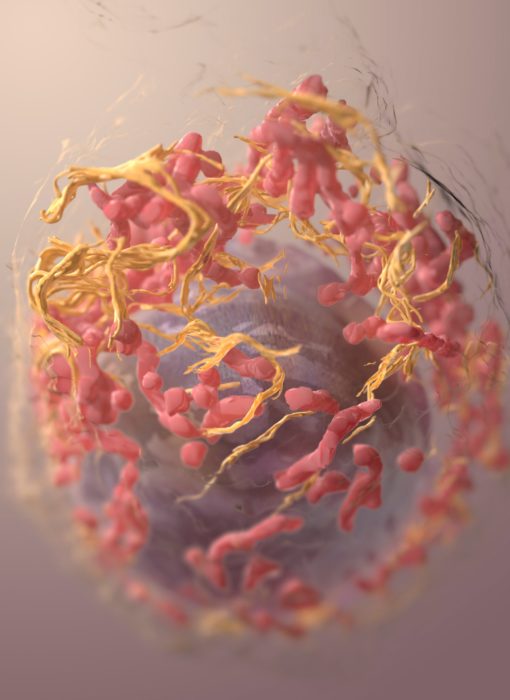OUR RESEARCH

Research Areas
Addiction Treatment, Adult Growth Hormone Deficiency, Alzheimer’s Disease, Behavioral & Mental Health, Cancer Cachexia, Cardiology/Cardiovascular, Chronic Traumatic Encephalopathy, Dementia, Depression, Diabetes, Gastroenterology, Genetics, Health Disparities, Health Informatics, Hematology, Immunology, Infectious Diseases, Mild Traumatic Brain Injury, Multiple Sclerosis, Neurology, Oncology, Pain Management, Parkinson’s Disease, Post-Traumatic Stress Disorder, Precision Oncology, Prosthetics, Pulmonary, Rehabilitative Medicine, Rheumatology, Smoking Cessation, Substance Use Disorders, Tauopathies, Testosterone Replacement Therapy
Funding for SIBCR administered studies comes from non-VA federal sponsors including the National Institutes of Health and the Department of Defense, private industry, and the nonprofit sector.
SIBCR also collaborates with our academic affiliates, other VA-affiliated nonprofits, academic institutions, private corporations, private clinics, and some international companies.
View the complete list of SIBCR Member Investigators here.
FEATURED RESEARCH
Bruce Montgomery, MD
More than 200,000 Veterans are survivors of prostate cancer, which is a research focus for SIBCR member investigators like Drs. Atreya Dash, Bruce Montgomery, Elahe Mostaghel, Stephen Plymate, Michael Porter, and Jonathan Wright. Here, we specifically highlight the work of Dr. Montgomery to implement precision medicine approaches in Veterans with prostate cancer.
David Morgenroth, MD
Each year, the VA serves over 100,000 Veterans who have experienced injuries that require rehabilitative, prosthetic, and/or orthopedic care. SIBCR partners with the VA Puget Sound’s Center for Limb Loss and MoBility (CLiMB) researchers Elizabeth Halsne, Glenn Klute, William Lack, William Ledoux, David Morgenroth, and Bruce Sangeorzan to perform research to serve these Veterans.
Kathleen Pagulayan, PhD
Traumatic brain injury (TBI) results from blasts, vehicle collisions, or other blows to the head. Nearly 200,000 Veterans currently receive care for TBIs, which are one of the hallmark injuries of the wars in Iraq and Afghanistan. SIBCR works with several member investigators on TBI research, including Drs. David Cook, Jeffrey Iliff, James Meabon, Kathleen (Kati) Pagulayan, Elaine Peskind, Murray Raskind, and Garth Terry.
Andrew Saxon, MD
More than 10 percent of Veterans who seek care in the VA system have a substance use disorder. SIBCR works with several investigators, including Drs. Erik Clarke, Eric Hawkins, John Neumaier, Andrew Saxon, Abigail Schindler, and Tracy Simpson, to improve our understanding and treatment of these disorders.
Amanda E. Wood, PhD
Seeking solutions for an often-Silent trauma
Over the years, post-traumatic stress disorder (PTSD) among Veterans has become appreciated, better researched and more treatable. But another agony – military sexual trauma (MST) – has flown under the radar, haunting a significant number of Veterans today…
Sakeneh Zraika, PhD
Getting to the basics could turn out new diabetes therapies
When Sakeneh Zraika came to Seattle from her native Australia in 2004 to pursue postdoctoral research in the pathophysiology of diabetes, she didn’t imagine staying here for more than a few years…
Brian C. Kraemer, PhD
Studies in lowly worm and high hopes for Alzheimer’s target
A simple roundworm, which normally resides in smelly compost heaps, holds a special allure for scientists studying aging and neurodegenerative diseases…
Jose M. Garcia, MD, PhD
A Hunger to Solve Muscle Loss Syndromes
It’s no secret that as we age, our bodies decline. And one of the most striking effects of growing old is involuntary loss of muscle mass and strength…
Elaine R. Peskind, MD
Battling the wars in the brain
As a psychiatrist who treats post-traumatic stress disorder (PTSD) and traumatic brain injury, Elaine Peskind has heard hundreds of horrific stories from combat Veterans who suffer from the invisible wounds of war…
Jeffrey J. Iliff, PhD
No rest for research; sleep studies shift from mice models to human trials
It was nearly 10 years ago, when Jeffrey Iliff, PhD, and his research team peered into the brain of a living mouse, deep among the neurons and blood vessels, to discover an elegant sanitation system that clears away brain toxic (neurotoxic) waste…
Research administration policies and procedures can be found in the PI/Staff Portal.
